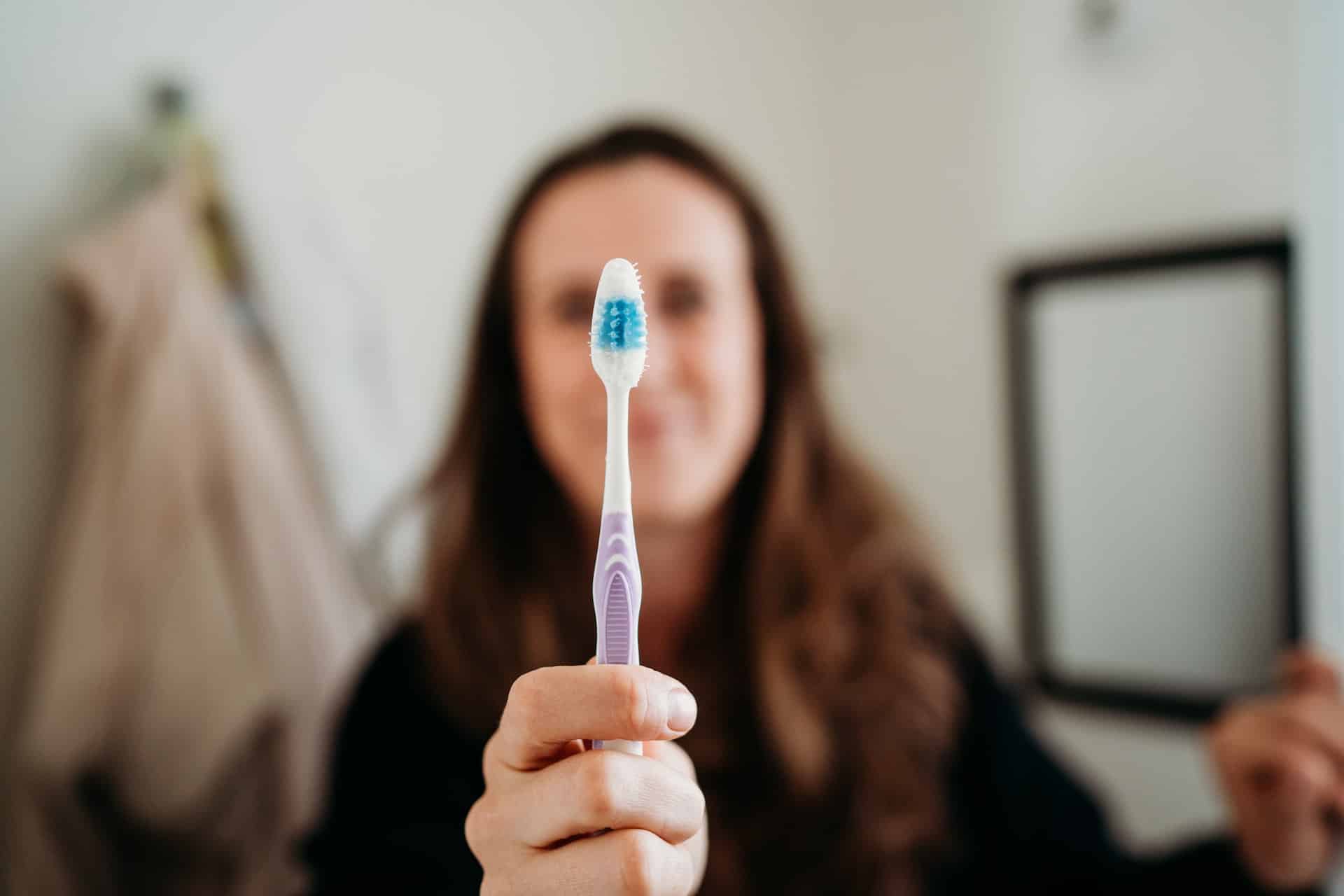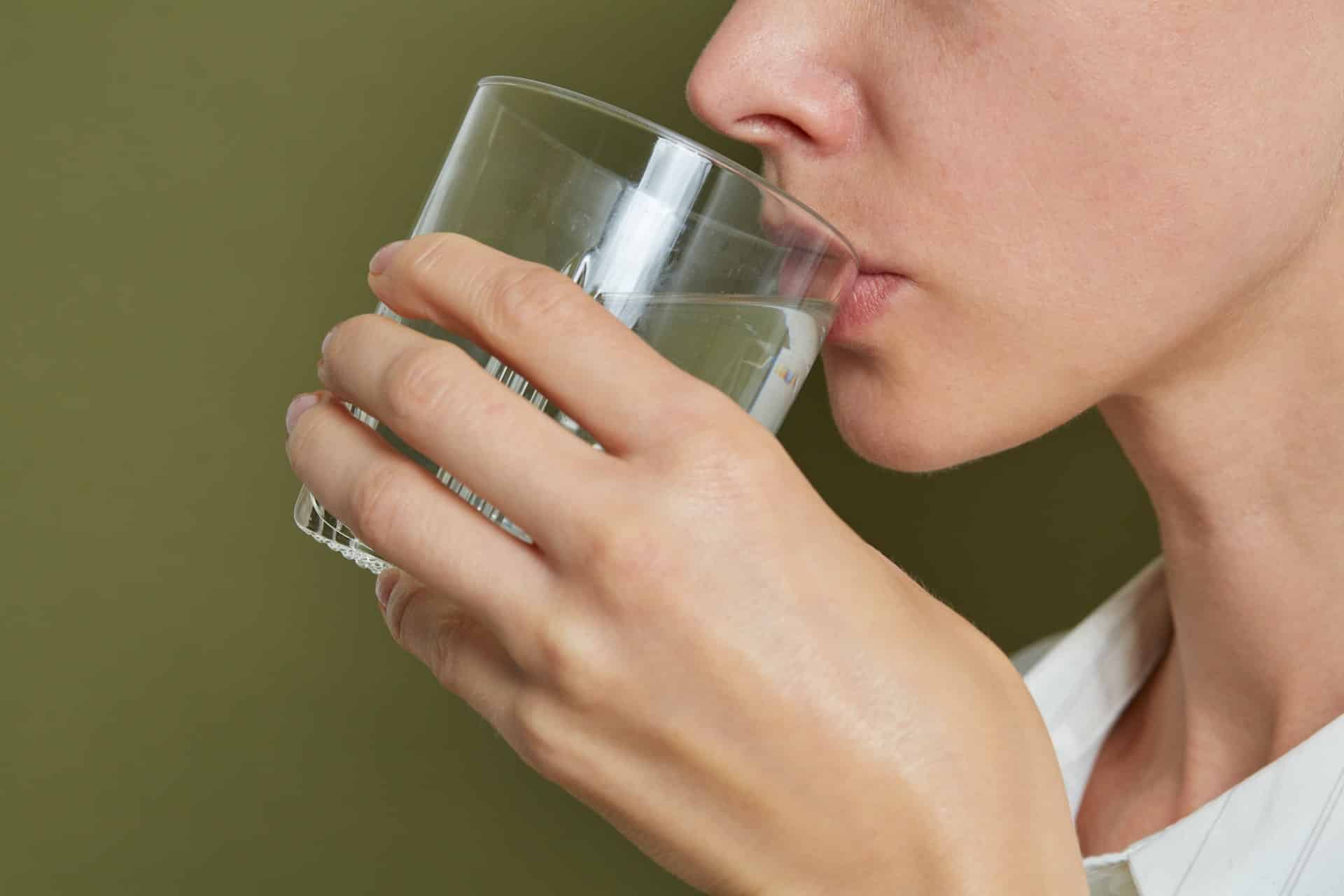Dental implants are a well-liked and effective solution to restore your smile and replace missing teeth. Implants mimic the look, feel, and function of natural teeth and provide the additional benefit of supporting adjacent teeth.
Similar to your natural teeth, you need to maintain your dental implants with regular care to get the most out of them and to ensure they last.
Continue reading to be on top of your dental implant maintenance!
Apply the Basics of Good Oral Hygiene
You should maintain good oral hygiene habits with both natural teeth and dental implants. This includes brushing twice daily and flossing daily. Be sure to brush thoroughly around the implants. This will help reduce the risk of gum inflammation and tenderness.
Enable Regular Preventive Care
It is necessary to visit your dentist regularly (twice a year) for check-ups. This will allow the dentist to check for any problems and take preventive measures to protect your implants. If your dentist detects any issues, they can help to address them quickly and avoid long-term damage.
Choose an Appropriate Toothbrush
Using a soft-bristled toothbrush when brushing around your implants is essential. A hard-bristled toothbrush can cause abrasion, which can lead to implant failure. In order to ensure your toothbrush remains effective, you should replace it every three to four months.
Additionally, it is important to brush your teeth and implant carefully and gently, using a circular motion, and avoid using a lot of pressure. This will help to protect your implant from damage.
Using a Fluoride Toothpaste
Fluoride toothpaste is important because it helps to protect your enamel. This is especially important if you have implants because protecting your enamel helps to prevent gum inflammation and tenderness.
Also, any kind of abrasion can harm your implants, too. Use a special low-abrasive toothpaste as a result. Regular toothpaste has a reputation for being very abrasive in removing plaque and stains, but too much grit damages dental implants and enamel.
Avoid Hard and Sticky Foods
You should avoid hard and sticky foods when you have dental implants. Hard foods such as popcorn, nuts, and hard candy can cause damage to the implant, whereas sticky foods such as caramel, toffee, and gum can get stuck around the implant.
Implant-supported bridges and crowns can be damaged if these hard and sticky foods are not avoided. Additionally, it is important to chew your food carefully, as biting down on hard foods can cause damage to the implant.
If You Grind Your Teeth, Use a Mouthguard
Teeth grinding, commonly referred to as bruxism, can harm both your natural teeth and dental implants in the long run. Your implants are under extreme pressure from the high force, which could have long-term effects.
If your dentist determines that you clench or grind your teeth, you should choose a bespoke mouthguard to safeguard your teeth.
Quit Smoking and Use Mouthwash
Smoking is damaging to your natural as well as dental implants. It is important to quit smoking to avoid damaging the implants. Additionally, it is important to use mouthwash to reduce plaque and bacteria buildup around the implants.
Conclusion
You should be aware of any potential risks associated with dental implants, such as infection and damage to surrounding teeth. If you experience any pain, swelling, or bleeding around your implants, contact your dentist immediately.
Following the advice of your dentist and practicing good oral hygiene can help to ensure that your dental implants last for many years to come.
Pickering Dental Services provides high-quality dental implants in Pickering! We care about your entire family—from children to seniors.
We offer the greatest dental services while ensuring your comfort by utilizing the most recent advancements in the dental industry. Book your appointment with us today!


